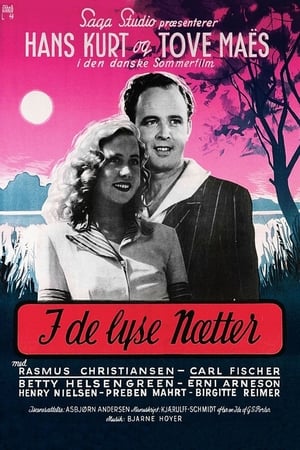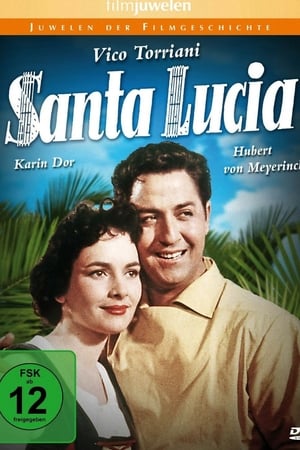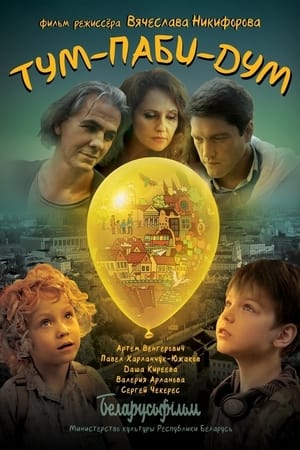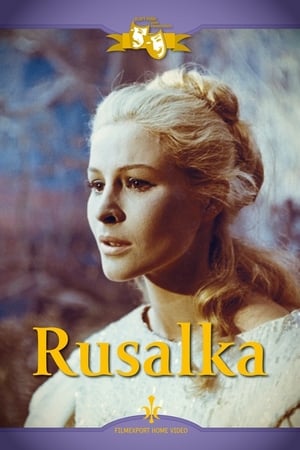

A Winter's Journey(2007)
A documentary film about singing and a young man in search of himself and his voice.
Movie: A Winter's Journey
Top 2 Billed Cast
himself
himself

Talvinen matka
HomePage
Overview
A documentary film about singing and a young man in search of himself and his voice.
Release Date
2007-01-01
Average
6
Rating:
3.0 startsTagline
Genres
Languages:
DeutschsuomiKeywords
Recommendations Movies
The Magnetic Man(fi)
A look at the life and music of Pekka Streng who died at the age of 26 in 1975.
One Lucky Man(en)
Lucky, a homeless man living in the UK, faced daily struggles to survive. Each day, he would sit on the streets, relying on the kindness of strangers to get by. One day, a kind-hearted young woman named Jessica stopped and gave him 50p, along with a warm smile. Her small gesture gave Lucky a glimmer of hope, and he began to dream of a better life. The next day, as Lucky returned to the streets, a wealthy businessman named Mukesh passed by with his security guard, Mark. Feeling sorry for Lucky, Mukesh decided to help in an unexpected way. Since he had no cash on hand, he bought Lucky a lottery ticket instead. Lucky accepted it with gratitude, never expecting what was to come. The following day, Lucky visited the shop to check his ticket. To his shock, the shopkeeper announced that he had won the jackpot. Overwhelmed with emotion, Lucky realized his life had just changed forever. As he celebrated, Mukesh and Mark walked into the shop for coffee,
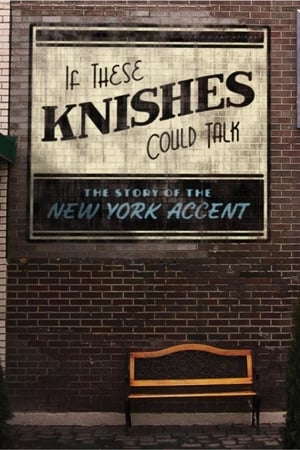 7.6
7.6If These Knishes Could Talk: The Story of the NY Accent(en)
The story of the New York accent, as told by New Yorkers.
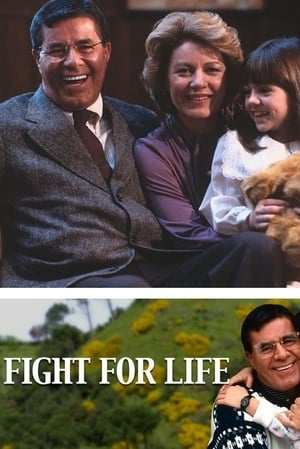 5.5
5.5Fight for Life(en)
Jerry Lewis plays an Ohio optometrist who has a six-year old daughter with epilepsy. He fights to get the FDA to approve a drug (at that time only available in England) for use in the U.S.
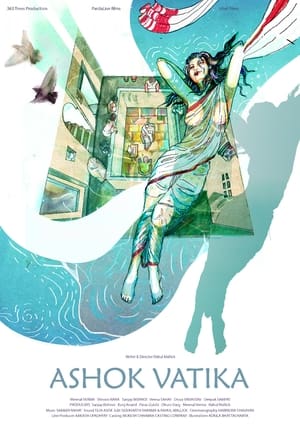 6.0
6.0The City is Red(hi)
Ashok Vatika is about a young window's quest for love and companionship in a conservative society where female desires are suppressed.
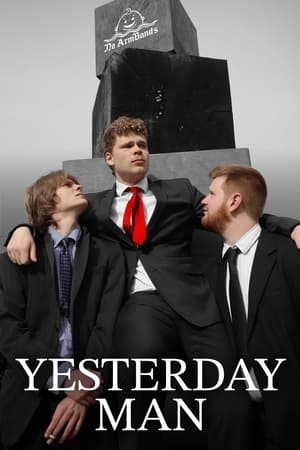 0.0
0.0Yesterday Man(en)
A Politician's success through greenwashing ignites a power struggle in his environmental team between longtime employee and newcomer.
Ali vs Stevenson: The Greatest Fight That Never Was(en)
After winning his second Olympic gold medal at the 1976 Montreal games, Cuban boxer Teófilo Stevenson was at his peak. American promoters offered him $5 million to turn pro and challenge world heavyweight champion Muhammad Ali. Stevenson refused the offer, asking "What is one million dollars compared to the love of eight million Cubans?"
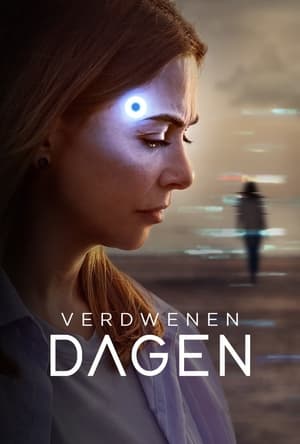 4.0
4.0Verdwenen Dagen(nl)
In a virtual reality simulation that allows people to relive precious moments, a young woman is unintentionally confronted with deeply suppressed memories of her first true but lost love.
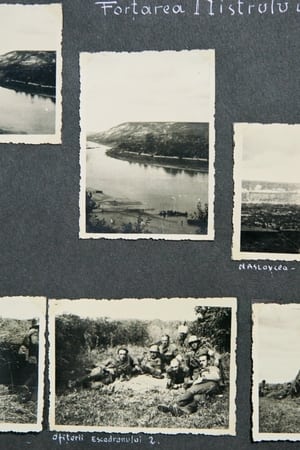 6.0
6.0Memories from the Eastern Front(xx)
A cinematic analysis of a photo album made by a Romanian Army unit in WW2.
 0.0
0.0The Last Taboo(de)
Hard to imagine, but true: According to current estimates, out of 500,000 active male football professionals worldwide, under ten (10) are openly homosexual. While homosexuality hardly plays a role in other areas of life today, the topic seems to be completely taboo in professional football. The feature-length documentary THE LAST TABOO lets those who broke exactly this taboo tell their very personal stories alongside Thomas Hitzlsperger. Like the British professional footballer Justin Fashanu (*1961 in London; † 1998 in London), who broke this taboo for the first time in 1990 and paid for it with his life. His niece Amal tells his story. Marcus Urban, on the other hand, was about to make the jump to the Bundesliga as a teenager and, by deciding to come out, he also went against his big dream. The stories of the US professional Collin Martin and the British player-coach Matt Morton, on the other hand, suggest that normality is not far away.
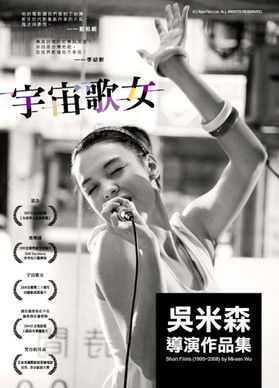 5.0
5.0Diva Viva(cn)
Once upon the time on a small island named Taiwan, a neighborhood magistrate receives a secret message from space. 'The apocalypse is near...' the magistrate warns his people, however nobody seems to take his words seriously...
 0.0
0.0Calunga Maior(pt)
The writer Ana, recently orphaned, decides to venture down the alleys of memory and her broken relationship with her mother and grandmother.
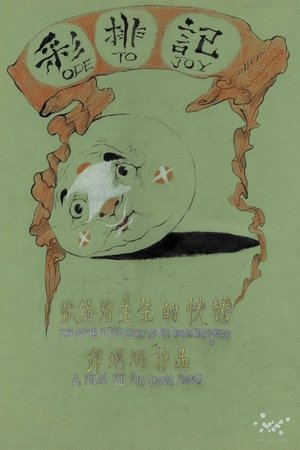 8.0
8.0Ode to Joy(zh)
An essential background for Qiu Jiongjiong’s recent A New Old Play, this dazzlingly playful short documentary remixes a Sichuan opera company’s dress rehearsal for its tribute to Qiu Fuxin, the director’s grandfather – who was a legendary opera performer of 'clown' comedic roles, and the real-life subject of A New Old Play. This exuberant celebration of a not-yet-lost past re-activates the memories of ageing, but irrepressibly vital, stage artists.
Similar Movies
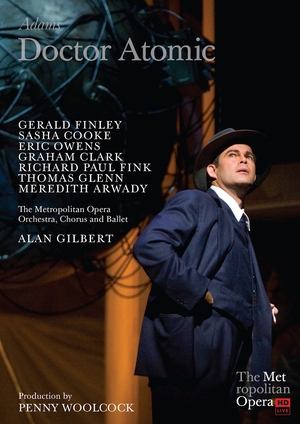 0.0
0.0Adams: Doctor Atomic(en)
John Adams’s mesmerizing score, in the powerful production of Penny Woolcock, tells the story of one of the pivotal moments in human history—the creation of the atomic bomb. Conducted by Alan Gilbert in his Met debut, this gripping opera presents the human face of the scientists, military men, and others who were involved in the project, as they wrestled with the implications of their work. Baritone Gerald Finley gives a powerful star turn in the title role as the brilliant J. Robert Oppenheimer.
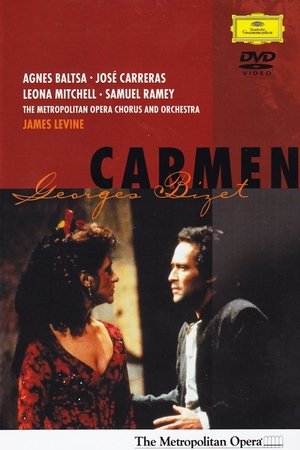 8.3
8.3Carmen(fr)
This all-star cast is framed by Peter Hall’s gritty, realistic production and conducted by James Levine, who brings out all the surging emotion and gripping drama in Bizet’s score. At the center of the story is Agnes Baltsa, whose smoky mezzo is tailor-made for the gypsy Carmen, an independent woman who glories in obeying only her own rules, but who is haunted by fate. Superstar tenor José Carreras is Don José, the solider from a small town who catches Carmen’s eye and is destroyed by his growing obsession with her. Samuel Ramey is the charismatic matador Escamillo, who lures Carmen away from Don José with tragic result. Leona Mitchell is Micaëla, the simple girl from Don José’s hometown who cannot save him. March 21, 1987 Matinee Broadcast.
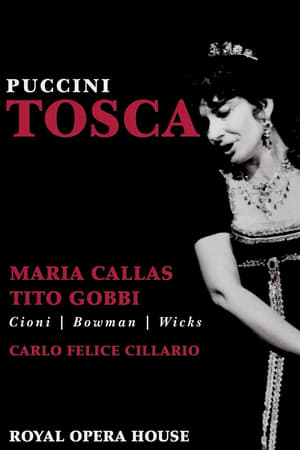 0.0
0.0Maria Callas Sings Tosca, Act II(en)
At the beginning of 1964, the music world experiences something completely unexpected. Maria Callas returns to the opera stage as the prima donna. Her “Tosca” at the Royal Opera House becomes a sensation. Maria Callas wants to show everyone once again that she deserves the title of “prima donna assoluta.” On the condition that star director Franco Zeffirelli take over the direction, the exceptional singer agrees to sing the role of Tosca. The BBC recorded the 2nd act of the opera for television. It is one of the most dramatic acts in opera history: in order to free the painter Cavaradossi from the hands of torturers, Tosca ends up murdering the police chief Scarpia. The film footage is one of the rare opportunities to see Maria Callas in an opera performance and to experience her highly emotional performance art and vocal abilities...
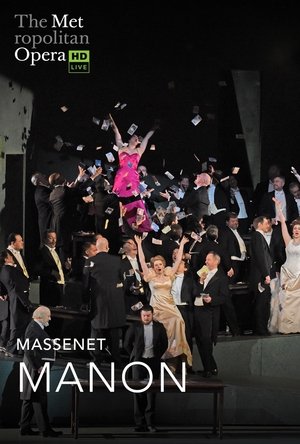 10.0
10.0The Metropolitan Opera: Manon(fr)
Massenet’s tale of passion, excess, and their consequences stars rising soprano Lisette Oropesa in the effervescent title role. Tenor Michael Fabiano is her ardent admirer, Chevalier des Grieux, with Maurizio Benini conducting Laurent Pelly’s enchanting production.
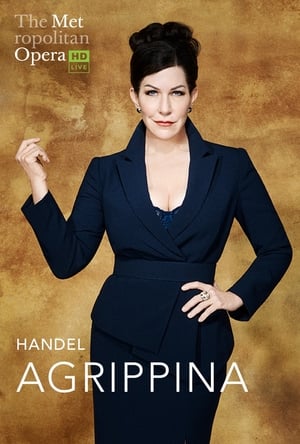 0.0
0.0The Metropolitan Opera: Agrippina(it)
As the imperious title empress, mezzo-soprano Joyce DiDonato leads the Met premiere of Handel’s tale of deception and deceit. Harry Bicket conducts Sir David McVicar’s wry new production, which gives this Baroque black comedy a politically charged, modern updating.
 7.0
7.0The Sound of Identity(en)
In the spotlight of global media coverage, the first transgender woman ever to perform as Don Giovanni in a professional opera, makes her historic debut in one of the reddest states in the U.S.
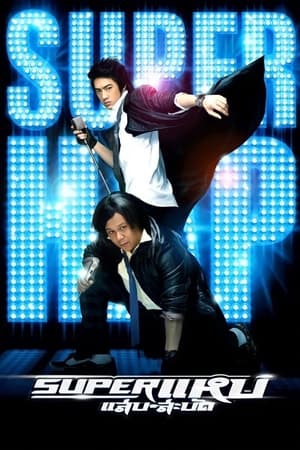 6.0
6.0Superstars(th)
Tong Lee Hye, a singer who is perfectly perfect. both handsome face plus a wonderful voice. Just the first single was number one in every station. exploded all over the country. But behind Tong Lee Hye hides a secret.
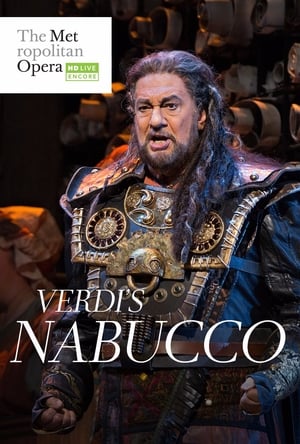 0.0
0.0Verdi: Nabucco(it)
The legendary Plácido Domingo brings another new baritone role to the Met under the baton of his longtime collaborator James Levine. Liudmyla Monastyrska is Abigaille, the warrior woman determined to rule empires, and Jamie Barton is the heroic Fenena. Dmitri Belosselskiy is the stentorian voice of the oppressed Hebrew people.
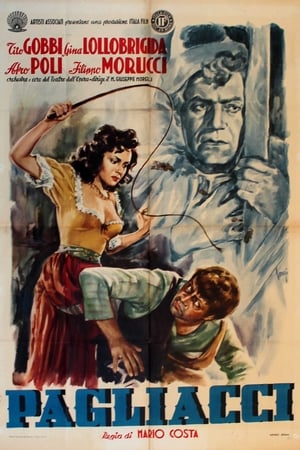 0.0
0.0Pagliacci(it)
Pagliacci, is a 1948 Italian film based on Ruggero Leoncavallo's opera Pagliacci, directed by Mario Costa. The film stars Tito Gobbi and Gina Lollobrigida. It recounts the tragedy of Canio, the lead clown (or pagliaccio in Italian) in a commedia dell'arte troupe, his wife Nedda, and her lover, Silvio. When Nedda spurns the advances of Tonio, another player in the troupe, he tells Canio about Nedda's betrayal. In a jealous rage Canio murders both Nedda and Silvio. The only actor in the cast who also sang his role was the celebrated Italian baritone, Tito Gobbi, but the film is largely very faithful to its source material, presenting the opera nearly complete.
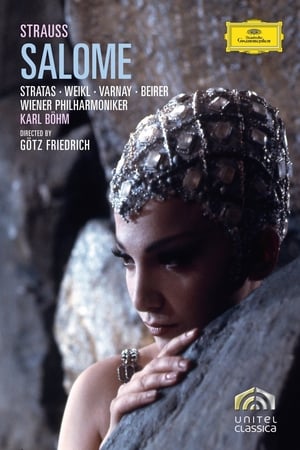 3.0
3.0Salome(de)
This filmed version of Strauss' shocker features Teresa Stratas as opera's most depraved teenager, and she's as perfect a Salome as one would ever hope to see or hear. Stratas inhabits the role, exploring the character's sensuousness as she vainly woos Jochanaan, her venomous hatred when she's rejected, the crazed look in her eyes when she demands his head--on a silver platter, no less. Such complete identification with a role, especially of a character so malignant helps make this 1974 Salome stand out among the many fine DVDs of the opera.
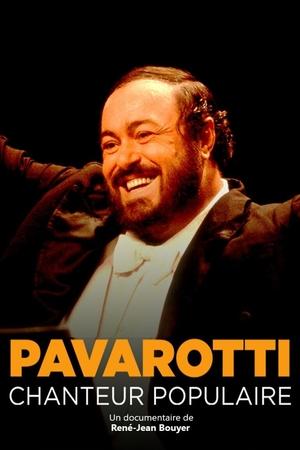 8.0
8.0Pavarotti, Birth of a Pop Star(fr)
Although he is unanimously credited with having democratised opera, making it accessible to the greatest number, focus is rarely put on the strategy he devised and implemented in order to carry out his actions, nor what his actions reveal of the man and artist, and of the resulting metamorphosis from opera singer to pop artist. Through this angle, this film sets out to pay tribute to the man who summed up his credo, obsession and life’s work, in the following way: “They led the public to believe that classical music belonged to a restricted elite. I was the way to prove to the world that was wrong.
 0.0
0.0The Metropolitan Opera: Don Giovanni(en)
Simon Keenlyside smolders dangerously in the title role of Mozart’s version of the legend of Don Juan, creating a vivid portrait of a man who is a law unto himself, and all the more dangerous for his eternally seductive allure. Adam Plachetka is his occasionally unruly servant Leporello. It’s when Giovanni tangles with Donna Anna (Hibla Gerzmava) that things start to unravel, aided by the reappearance of Donna Elvira (Malin Byström), who is determined not to let her seducer go. With Paul Appleby as Don Ottavio, Donna Anna’s eternally steadfast fiancé. Principal Conductor Fabio Luisi leads the Met Orchestra and Chorus.
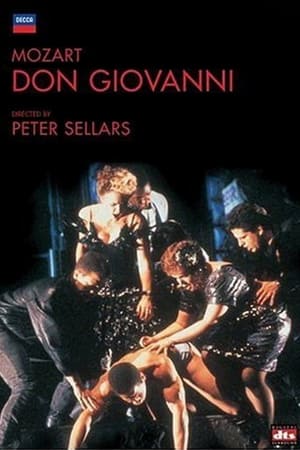 7.0
7.0Don Giovanni(it)
This production was originally staged for the Pepsico Summerfare Festival, The International Performing Arts Festival of the State University of New York at Purchase. Leaving the lyrics in their original Italian, acclaimed American director Peter Sellars transports Wolfgang Amadeus Mozart's "Don Giovanni" to a modern-day metropolis, nestling the opera's beloved characters among the brownstones of New York City's Harlem. Sellars's contemporary retelling of a classic musical tale is one of three performances in a Mozart series that also includes "Le Nozze di Figaro" and "'Così Fan Tutte."
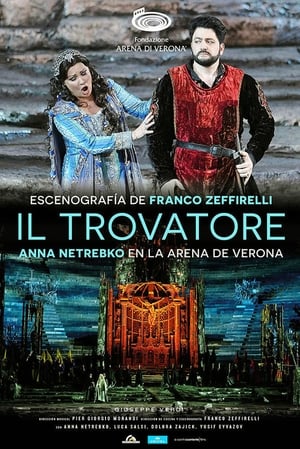 0.0
0.0Arena di Verona: Il Trovatore(it)
It's an event that draws many thousands of music lovers to one of the most beautiful cities in the world every summer: the opera season at the ancient Arena di Verona. The 2,000-year-old roman amphiteatre with its gigantic stage dimensions is one of the largest and best preserved Roman construction of its kind, and with over 22,000 seats it is undoubtedly one of the most spectacular open-air venues of the world! The revered master of opera Franco Zeffirelli, who died shortly before the premiere of Il Trovatore, created a legendary scenery with groups of giant sized armoured knights, a fortress turning into a luminous cathedral, an enormous choir, horses, breathtaking fights: “his perhaps best arena production” (Opernglas). It brings Anna Netrebko to the Arena of Verona where she is giving her much-anticipated debut in one of Giuseppe Verdi’s most popular operas.
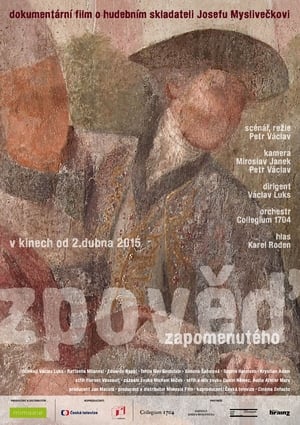 8.0
8.0Confession of the Vanished(cs)
The film follows the staging of the opera Olimpiade while at the same time exploring the dramatic life of its composer Josef Mysliveček, a friend and teacher of W. A. Mozart.
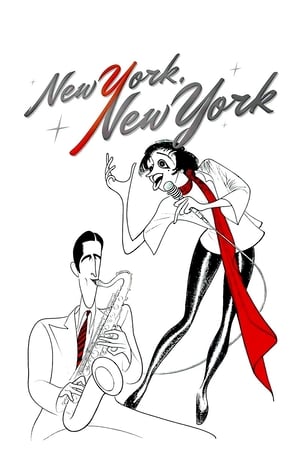 6.6
6.6New York, New York(en)
An egotistical saxophone player and a young singer meet on V-J Day and embark upon a strained and rocky romance, even as their careers begin a long uphill climb.
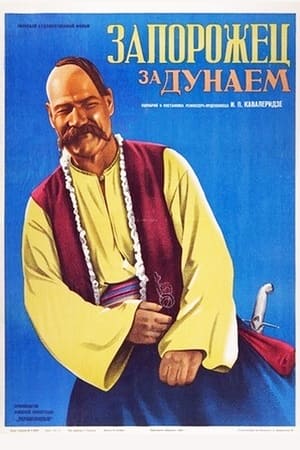 0.0
0.0Zaporozhets Za Dunayem(uk)
Adapted from the opera written by the composer Semen Hulak-Artemovsky.
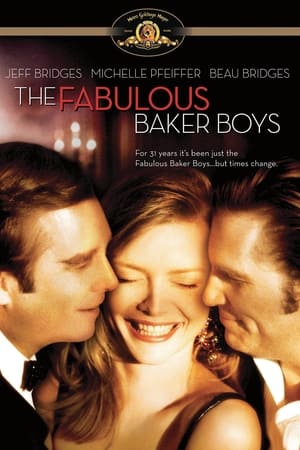 6.6
6.6The Fabulous Baker Boys(en)
The lives of two struggling musicians, who happen to be brothers, inevitably change when they team up with a beautiful, up-and-coming singer.
